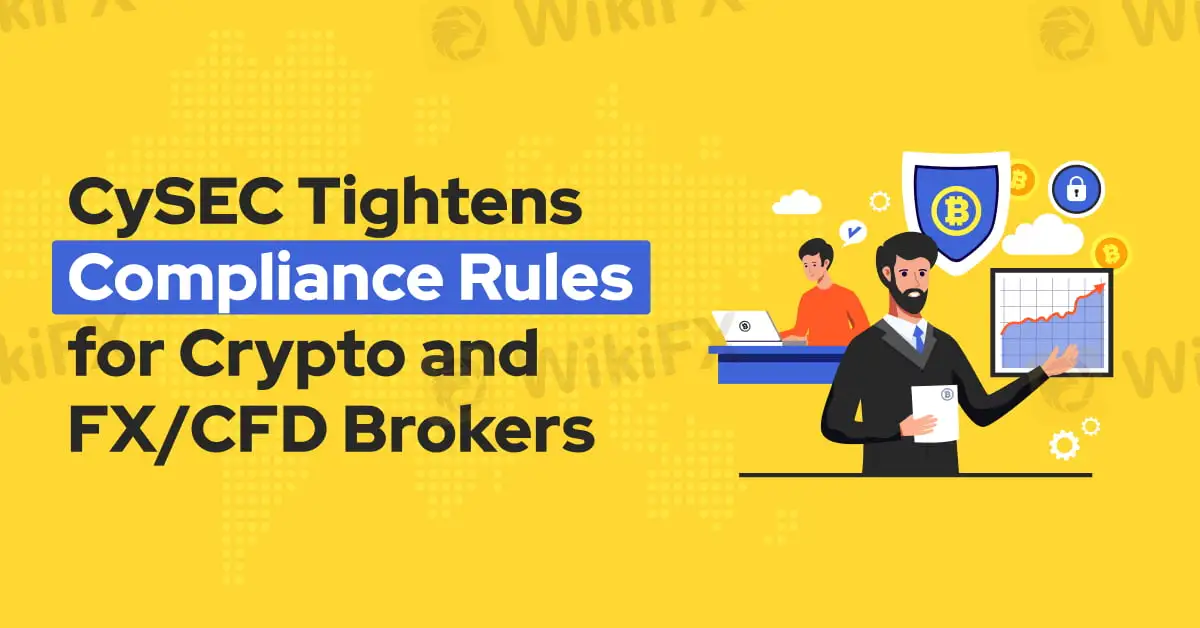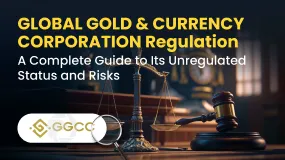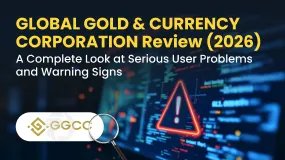Abstract:The Cyprus Securities and Exchange Commission (CySEC) has introduced several changes impacting both domestic and cross-border operations of firms providing financial and investment services within its jurisdiction

Cyprus is intensifying its regulatory framework for investment firms and crypto-asset service providers, aiming to align with evolving EU standards. The Cyprus Securities and Exchange Commission (CySEC) has introduced several changes impacting both domestic and cross-border operations of firms providing financial and investment services within its jurisdiction. This development reflects Cypruss commitment to safeguarding market stability and ensuring regulatory compliance across financial sectors.
In recent months, CySEC suspended the operations of FTX (EU), a crypto-focused investment firm, until May 2025. This extension is designed to provide the company ample time to meet the stringent requirements of the Investment Services and Activities and Regulated Markets Law of 2017. During this suspension, FTX (EU) is restricted from offering investment services, taking on new clients, or marketing itself as an investment services provider. While prohibited from launching new business transactions, the firm is permitted to finalize pending transactions and return funds and financial instruments to existing clients, provided these actions align with client preferences. The regulator clarified that these permitted transactions during suspension would not constitute a regulatory breach.

At the same time, CySEC is addressing the regulatory landscape for crypto-asset service providers ahead of the European Unions upcoming Markets in Crypto-Assets (MiCA) regulation. For now, Cyprus will allow crypto service providers to operate under national laws until MiCA is fully implemented across the EU. In line with this, CySEC announced it will cease accepting new notifications for cross-border crypto services from firms within the European Economic Area (EEA) as of October 30, 2024. However, firms that submit notifications by this deadline may continue their operations during a transitional period that will extend until July 2026 or until they receive a decision under MiCA authorization.
CySEC is also preparing for significant regulatory updates affecting Cyprus Investment Firms (CIFs) offering Forex (FX) and Contracts for Difference (CFD) services. These firms must adhere to newly adopted guidelines from the European Banking Authority (EBA) by early 2025. The guidelines refine the application of the group capital test for investment firm groups under the Investment Firms Regulation, aligning them with the consolidated standards generally applied to banking institutions. The regulation mandates compliance with consolidated standards for capital adequacy, risk management, and governance, creating a more uniform approach to supervision.
Furthermore, these guidelines introduce criteria to categorize certain CIFs as simple and low-risk entities. Firms meeting these criteria may be eligible for regulatory adjustments, potentially allowing reduced capital requirements, subject to specific conditions. This adjustment aims to ease regulatory demands on smaller or lower-risk firms without compromising investor protection or market integrity.











